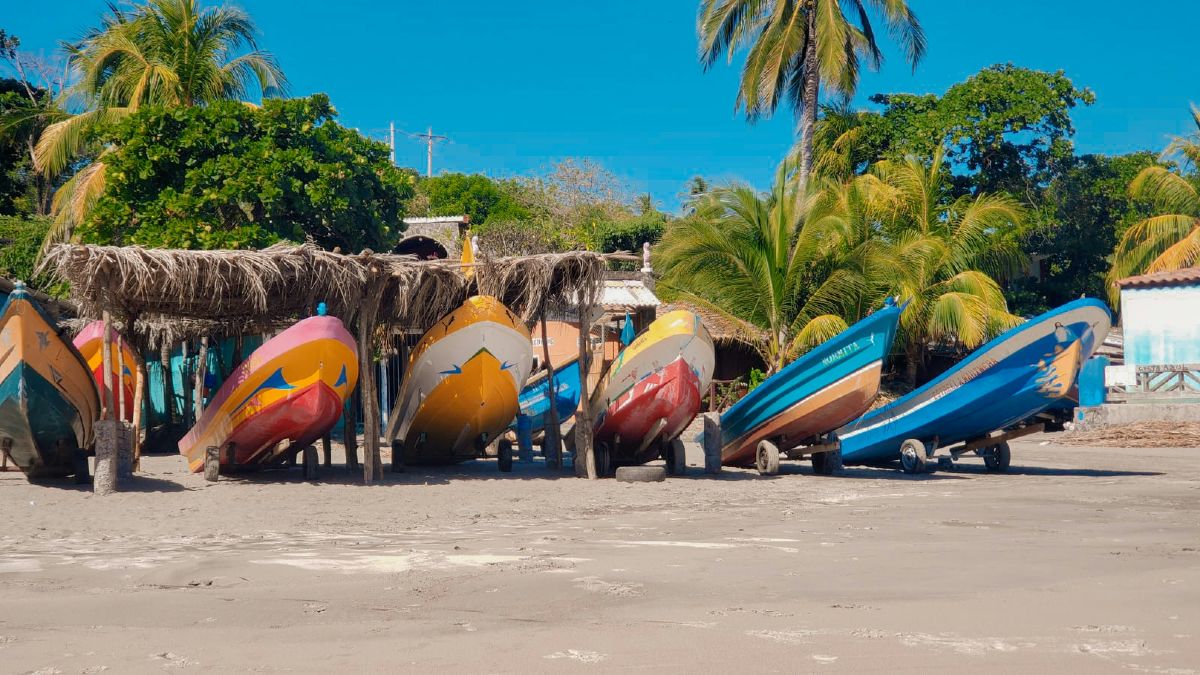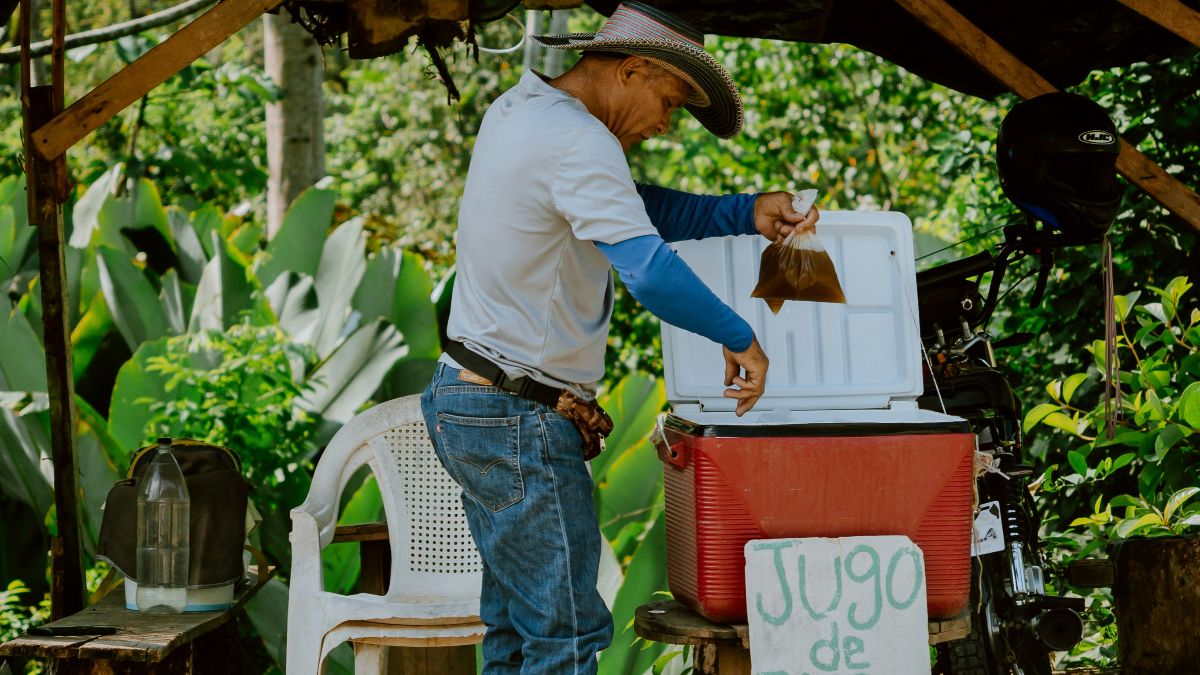This guide shares essential iPad travel security tips so you can keep your device and information safe while exploring Central America.
If you’re traveling through Central America with an iPad, it’s worth adjusting a few privacy and security settings before you set out. Public Wi-Fi in hotels, airports, and cafés in places like San José, Panama City, or Antigua, Guatemala makes devices more vulnerable. With the right setup, your iPad will stay secure and ready for use on the road.
1. Check your app permissions
Restricting app permissions is one of the simplest ways to protect your iPad. Go to Settings > Privacy & Security and review access for Location Services, Camera, Microphone, and Photos. Deny anything unnecessary to reduce the risk of being tracked or hacked while connected to public wifi in hotels, cafés, or airports across Central America.
Another useful step is to verify your iPad’s authenticity before traveling. Visit Apple’s official website and conduct an iPad serial number lookup. This confirms your device is genuine, eligible for Apple support, and protected by the latest security features. Knowing your iPad is authentic gives you confidence that it will perform well and remain secure throughout your trip.
2. Enable iCloud backup
Travel carries the risk of loss or damage. With iCloud backup enabled, your contacts, photos, and documents remain safe. If your iPad is lost on a bus to Lake Atitlán, for example, you can still restore your data on a new device.
3. Use a VPN
Public wifi is widespread in airports, hostels, and restaurants across Central America. It’s also where much online fraud occurs. A VPN encrypts your connection, helping protect email, banking details, and personal files whether you’re in Belize City, Granada, or San José.
4. Set up Face/Touch ID and a strong passcode
Theft can happen anywhere, from Tegucigalpa to Tamarindo. Enabling Face ID or Touch ID and a strong passcode makes it harder for anyone to unlock your iPad if stolen.
5. Keep your system updated
Before leaving, install the latest iPadOS version and update all your apps. Updates patch vulnerabilities that hackers could exploit, especially when you rely on public networks in smaller towns and rural areas.
6. Turn on Find My iPad
Find My iPad lets you locate, lock, or erase your device remotely if it goes missing. Turn on “Send Last Location” to capture its final position even if it’s powered off or the battery dies.
7.Disable automatic connections
Turn off automatic wifi, Bluetooth, and AirDrop connections. Leaving them enabled increases your device’s exposure, especially in airports, bus terminals, and hotels. Connect manually when needed.
8 Enable two-factor authentication
Set up two-factor authentication for your Apple ID in Settings > Password & Security. Even if someone discovers your password, they won’t be able to access your account without the additional code.
9. Adjust Lock Screen access
Review what’s available from your lock screen. Disable Siri, Control Center, and Wallet so strangers can’t use these features without unlocking your device.
10. Download offline travel apps
Internet coverage varies across Central America. Download offline maps and translation apps before you travel. This lets you navigate without relying on unsecured wifi in remote or rural areas.
Practical safety tips
Don’t leave your iPad unattended. Carry it in a secure bag and avoid public USB charging ports, which are easy targets for data theft. Use your own charger with a wall outlet whenever possible.
Final Thoughts
These iPad travel security tips reflect the realities of Central America, where travelers often rely on public wifi and move between countries. By reviewing permissions, checking your device with Apple’s iPad serial number lookup, enabling backups, and using features like Find My iPad, you can keep your data secure from Belize to Panama. With the right preparation, your iPad becomes a safe and reliable companion on the road.



